Once I finished the first volume in George R.R. Martin's A Song of Ice and Fire series, A Game of Thrones (my review), it didn't take me long to reach for the second. I wanted to know what would happen to all of the characters after the dramatic ending of book one. As this review is for the second book in a series, it contains spoilers for A Game of Thrones.
When we left the first book, Eddard Stark had been murdered and Prince Joffrey had succeeded to his 'father' Robert Baratheon's throne. Robb Stark had been proclaimed as King in the North, Daenerys had bought three dragons to life and Jon Snow had become a man of the Night's Watch. A Clash of Kings is about exactly what it says on the tin - many men come forward to attempt to fill the power vacuum left by the deaths of Robert and Ned and the resulting civil war becomes increasingly complex. Robert's two brothers, Stannis and Renly, both declare themselves King and go to war. Renly is young and inexperienced but has the support of several houses whilst Stannis is brutal and determined but his harsh personality wins him few friends in the Seven Kingdoms. With the threat to Joffrey's regime enlarging, Tyrion travels to Kings Landing to become the Hand of the King. Of course, whilst all the battles are going on, the reader is still kept up to date with the adventures of Daenerys in the East, Arya's attempts to get back to her family and the growing threat past the Wall.
I really enjoyed A Clash of Kings and again I read through it extremely quickly as it's so addictive it was hard to put down. It's a much more sprawling book than A Game of Thrones as more characters are introduced and the political intriguing and battles become more complicated. Whilst I had no trouble keeping up with the main characters, I have to admit that it was hard to keep track of the lesser Lords and bannerman, especially as their allegiances were likely to change from chapter to chapter.
Martin certainly keeps you on your toes with regard to character development and plot too. It was almost impossible to predict what would be coming next and characters do surprising things (I'm looking at you, Theon Greyjoy) that make sense for them, but that I would never have thought of. In A Game of Thrones I enjoyed Daenerys' storyline but I did find it a bit tedious in A Clash of Kings, I'm hoping she'll have more excitement in the third volume. Although I know that George R.R. Martin wants his readers to be fans of the Starks, my favourite character in this volume was probably Stannis, I loved how blunt he was. In a political situation where everyone was talking to each other nicely whilst stabbing their 'friends' in the back, he was brutally honest about what he wanted to achieve and it was a breath of fresh air.
The fantasy elements do increase in A Clash of Kings. They don't overwhelm the text but I prefer the storylines that don't rely on magic or sorcery of some kind (this is why the Daenerys' plot didn't really work for me at times). On the whole, A Clash of Kings is a fantastic book but it didn't grab me in quite the same way as the first volume did. I'm still utterly caught in the world, and will be starting A Storm of Swords very soon.
Source: Personal copy
First Published: 1998
Score: 4.5 out of 5

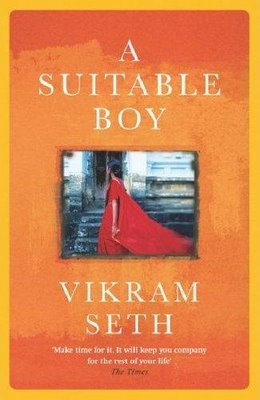


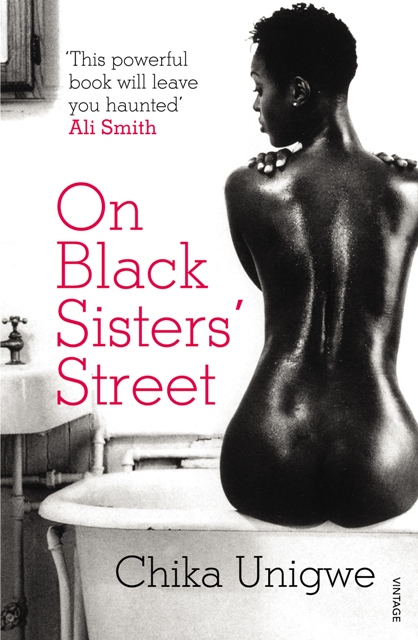







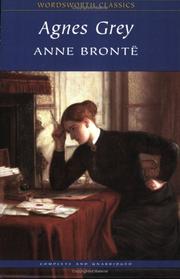



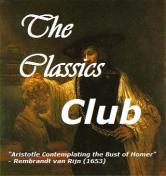


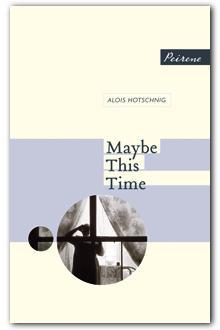



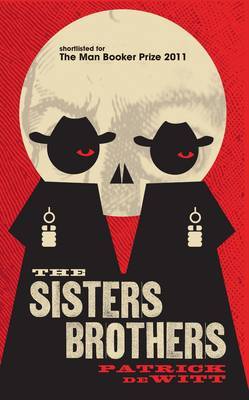
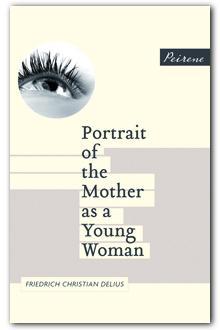

.jpg)




